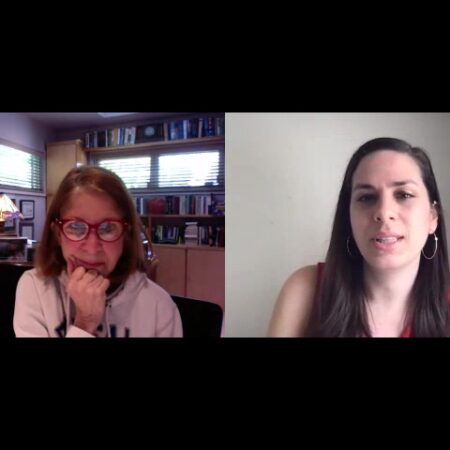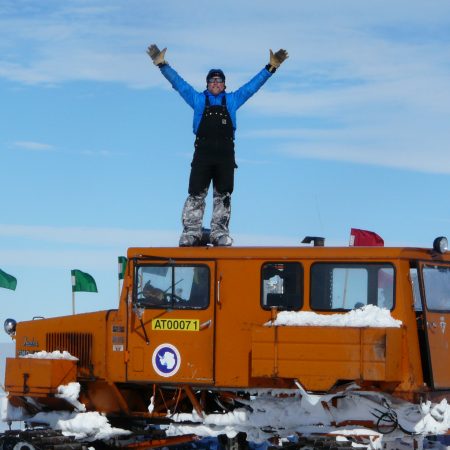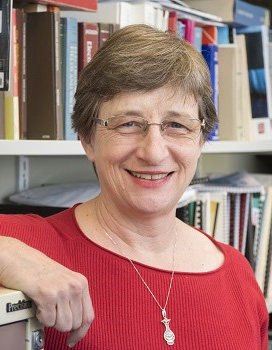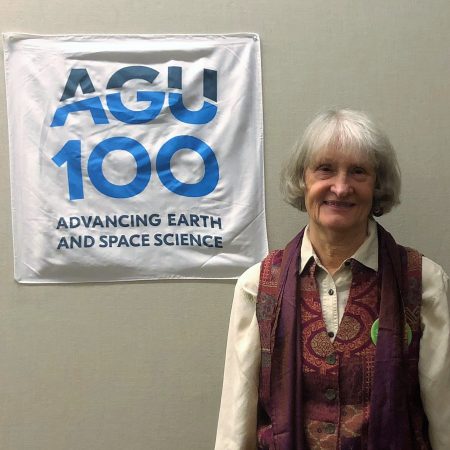Refine
Date Range Clear
Recorded by Clear
Keywords Clear
- Long Beach California 35
- Community 24
- Concordia 35
- Concordia College 35
- Army National Guard 35
- Concordia College Moorhead 35
- devestation 35
- Curfew 35
- rioting 35
- Court 35
- IWC 35
- career path 17
- #AGU100 35
- #AGU 34
- discovery 18
- NASA 18
- Advice 9
- Collaboration 7
- changing planet 6
- #womeninscience 6
- data 5
- planetary 4
- Climate 3
- Hydrology 3
- 153 more
Partnerships Clear
Organizations Clear
- American Geophysical Union 9
- The American Geophysical Union 3
- Ameican Geophysical Union 1
- American Geophsyical Union 1
- American Geophysican Union 1
- 9 more
Places Clear
Languages Clear
Initiatives Clear
James Butler has studied atmospheric chemistry, ozone depletion for over thirty years. Now, as the Director of NOAA’s global monitoring, he helps direct research into the hole in the ozone layer and climate change. He knows firsthand that we have...
While Patrick Taylor spends a huge chunk of his time in the clouds, his work has nothing to do with daydreaming. The Research scientist at NASA’s Langley Research Center is working on understanding more about the role of clouds in...
Mara Jill Herman (Astoria) interviews her mom Emmi S. Herman (Searingtown) on Mother's Day, 5.9.2021. They chat about community, collaboration, vaccine awareness, and legacy.
Scott Tyler, hydrology engineer at the University of Nevada Reno and AGU Hydrology section president, shares his work on Antarctic ice shelves, nuclear waste, and stream restoration. Do we need to build sea walls in ten years or in one...
Michael Freilich, Director of NASA's Earth Science Division, shares about his life studying the oceans and Earth as a system. While still in his high school's oceanography club, he started exploring a question about how waves move that later became...
Daniel Minguez, a geophysicist for Chevron, helps create new geologic models of the earth’s layers, trying “to build geologic stories for how different geologic elements got there.” Daniel discusses his work which focuses on boring techniques and navigating plate tectonics....
Eager to get out of the lab, Martha Savage spent the year immediately following her undergraduate graduation at the Amundsen-Scott South Pole Station where she worked as a cosmic ray observer. In this position, Dr. Savage, who is now a...
Dr. Claire Parkinson, senior scientist at NASA's Goddard Space Flight Center since 1978, discusses using satellite data to monitor sea ice in the Arctic and Antarctic and serving as project scientist for the NASA satellite Aqua, which makes measurements of...
Laurie Brown, Professor Emeritus at the University of Massachusetts, has been a member of AGU for 46 years. She shares her observations on the growth of paleomagnetism at AGU and its importance in helping address climate. She also discusses how...
Jack Kaye, associate director for research at NASA's Earth Science Division, discuss his origins as a chemist and earth scientist, and how he was recruited to Goddard to be a chemist among meteorologists. "My boss would advertise me as his...

!["Something I learn today is something that [could help] society tomorrow." an interview with Patrick Taylor](https://archive.storycorps.org/uploads/2019/02/181211_PatrickTaylor-450x450.jpg)


!["I joined an Oceanography club & actually asked the question that ended up [being] my thesis." an interview with Michael Freilich](https://archive.storycorps.org/uploads/2019/02/181212_Freilich-450x450.jpg)




